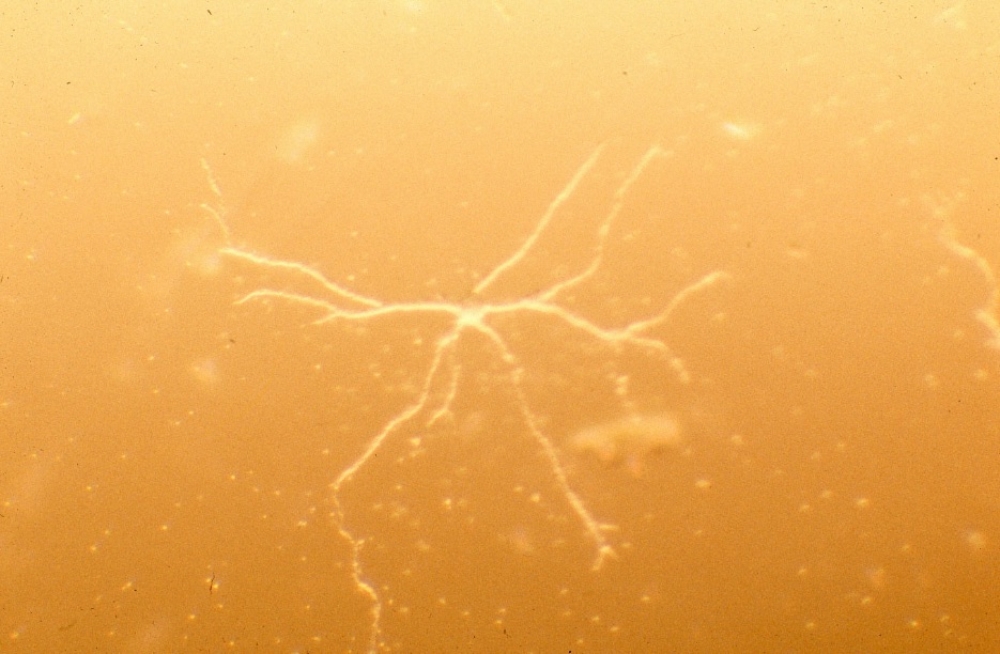Mariano Croce
Postcritique is often portrayed as a rupture with critical methods studying power relations and domination mechanisms, as well as a reorientation to more hopeful ways of investigating social life. While this is one of the possible approaches to postcritique, it is not the only one, and maybe not the most accurate. For it mostly has to say what postcritique is not vis-à-vis critique. This event suggests that we should rather begin with looking at the ontological foundations of postcritique, which is first and foremost a theory of what the entities are that make up the world. Postcritique as an ontology builds an anti-essentialist and relationist view of entities that makes sense of postcritique as a research methodology – whereas the latter is to be thought of as an inquiry into the ties that bind entities and make them be what they are for the limited time they are what they are.
Therefore, this ontological inquiry goes beyond the sterile opposition of critique and postcritique. It makes the point that postcritical theorizing urges those who carry out research on the social world to focus on restricted domains of experience, to try to understand the ties that bind the various entities within that domain, to then move on to the study of the ties that bind those entities within that domain to entities outside that domain, up to the point that a whole web of relations gets reconstructed – one that also involves the one who does the reconstruction. In this way, postcritique is an empirical metaphysics that refuses to explain particular entities with recourse to general laws and always centre on the partial but unique event that is under scrutiny.
14.00-18.00
Online via Zoom
Poster of the seminar
SpinozianPostcritique_[12429307bytes].pdf



